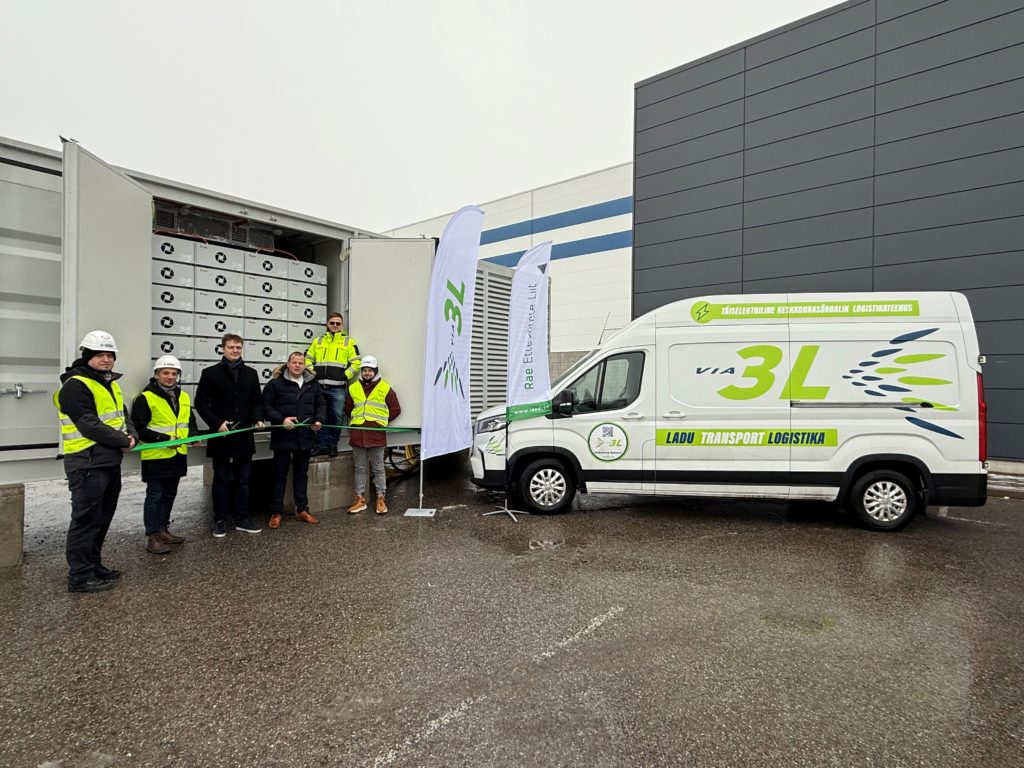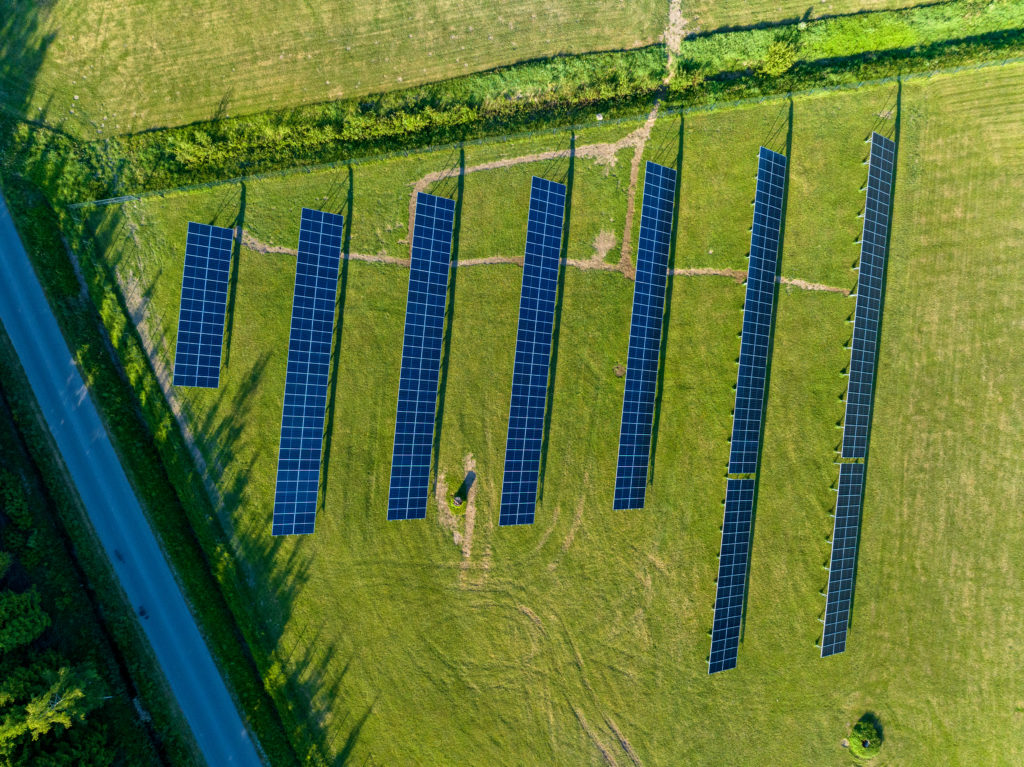Frequency market Energy storage systems Solar energy
How Do Solar Plants and Batteries Help You Succeed?

Directing Solar Energy (PV) for Self-Consumption – The Path to Quick Payback
The primary focus of solar energy is its use for self-consumption. Considering that grid fees typically range between €50–60/MWh, the payback period for a solar power plant is approximately 5–7 years as of 2025, based on this component alone. The payback becomes even more favorable if production is sold on the SPOT market at high prices.
Take Your Company’s Energy Capabilities to the Next Level with Batteries
Adding batteries to a solar plant (PV) or energy system (BESS) offers several important advantages:
1. Smarter Use of Solar Energy
During low SPOT price hours, the energy produced in the solar plant can be stored in batteries, avoiding the need to sell energy at low prices. This stored energy can then be used or sold during high-price hours, maximizing revenue.
2. Maintaining Support During Zero-SPOT Price Hours
Renewable energy plants lose support during zero-SPOT price hours. Batteries can help avoid this by storing production and selling it during positive or higher SPOT price hours.
3. Peak Load Shaving
During periods of high SPOT prices, stored energy (from PV or the grid) can be used to avoid costly electricity consumption from the grid.
4. Smart Trading on the SPOT Market
Batteries enable smart utilization of SPOT price fluctuations, allowing energy to be sold at peak times for higher prices and thereby increasing revenues.
5. Participation in Reserve Markets
Batteries can participate in reserve markets, such as the mFFR (manual frequency restoration reserve) market, which is already operational in Estonia and the Baltics. Soon, aFFR and FCR markets will also be available, which are particularly suitable for batteries due to their fast response capabilities.
6. Ensuring Supply Security
Batteries provide various solutions to ensure supply security. Some batteries offer UPS-based fast switching (in milliseconds) or slower switching with black-start functionality (2–15 minutes), ensuring an uninterrupted power supply.
Do Batteries Pay Off?
The profitability of batteries largely depends on system-specific factors: whether a solar plant is in place, the level of consumption, and the goals set. One thing is certain – a complete transition to renewable energy is impossible without batteries. They are not just an add-on but an integral part of the future of energy networks and businesses.



